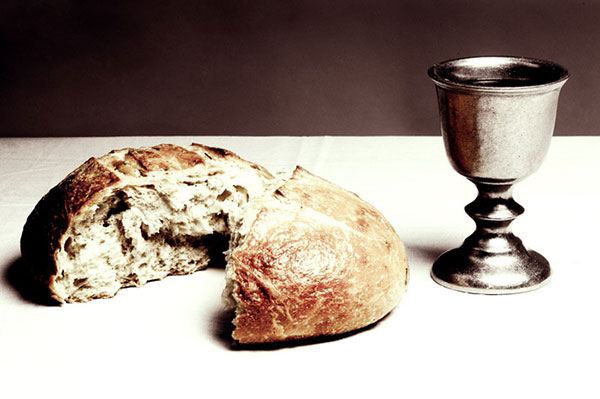Afraid to Partake of the Bread and Wine - 1691

The Lords Supper Clip Art Free Pic #24 hawaiidermatology.com
Introduction
Among Puritans as among some other Christians, partaking of Communion was often done with a certain amount of dread. The apostle Paul had warned that those who partook of the sacrament unworthily ate and drank judgment unto themselves. Hannah Wilkins, a timid woman in Salem, Massachusetts, was one of those who hesitated to come to the Lord’s Table. When she finally became convinced to do so, she approached her pastor, the same Rev. Samuel Parris who would later lead the Salem witch trials. He made a considerable production of admitting her to Communion, and when she confided her scruples to him and the Scriptures that convinced her to go forward, he wrote her statement down, which is how we come to have it. “28 August, 1691—This day, Sister Hannah Wilkins aforesaid came to me, and spake to this like effect, following:—”
Quote
“Before I was baptized (you know, sir), I was desirous of communion at the Lord’s Table, but not yet; I was afraid of going so far: but since my baptism I find my desires growing to the Lord’s Table, and I am afraid to turn my back upon that ordinance, or to refuse to partake thereof. And that which moves me now to desire full communion, which I was afraid of before, is that of Thomas, 20 John 26, &c., where he, being absent from the disciples, though but once, lost a sight of Christ, and got more hardness of heart, or increase of unbelief. And also those words of Ananias to Paul after his conversion, 22 Acts 16, ‘And now why tarriest thou? Arise,’ &c. So I am afraid of tarrying. The present time is only mine. And God having, beyond my deserts, graciously opened a door, I look upon it my duty to make present improvement of it.”
Upham, Charles. Salem Witchcraft. New York: Frederick Ungar, 1867.





